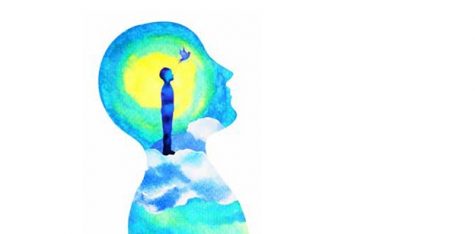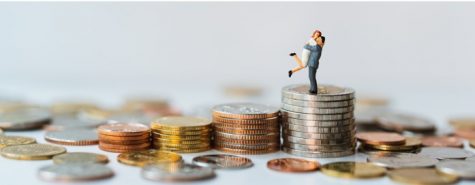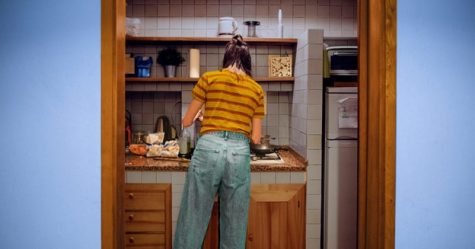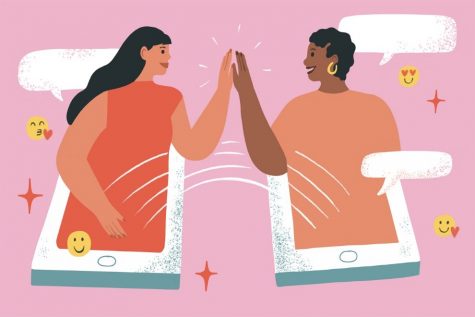BEYOND: Opinion: Why the pandemic gives me a little bit of hope
This has been a rough year, and it is not over yet. As this article is being written, the unemployment rate for the United States sits at roughly 7.9 percent. Data collated from a number of sources by the Center on Budget and Policy Priorities paints a harrowing picture. Approximately 1 in 7 American households with children reported that they were unable to meet their food needs, with a significant percentage of that number stating the reason was that they simply couldn’t afford it. Just over 1 in 5 renters with children are behind on their rent and just over 4 in 10 households with children reported difficulty keeping up with their normal expenses. Every sector of the economy has hemorrhaged jobs over the past year, but the loss has not been distributed evenly. Half the numbers of jobs lost have been low-wage jobs, those jobs that are held by the Americans who can least afford an interruption in income. This is not even touching upon the minimum 235,000 Americans who have lost their lives to COVID-19 and over 9.6 million current COVID-19 cases in the United States, according to the New York Times.
If you are feeling a bit lost in the numbers, the basic gist is that a very large number of Americans have struggled through the current crisis and are still struggling. And just as important to remember, not all Americans are struggling equally. Very few Americans who contract COVID-19 have the option to be evacuated by helicopter to one of the best hospitals in the world and receive the most cutting-edge experimental treatments from a world-class medical team. Shifts to online education have been crucial to the continuing education of millions of American children, but 18 percent of American students lack access to the internet and 17 percent lack computers. And on top of all this, the aid provided by the Federal Government to date has leaned heavily toward the wealthy and large corporations while lower and middle class Americans have been left to struggle. A metric often pointed to as evidence of the economic recovery of the United States is the stock market, which has seen a significant recovery, though not to the point of returning to the pre-pandemic period. However, only 22 percent of Americans earning less than 40,000 dollars per year own stock, according to Gallup. As such, the beneficiaries of the stock market’s recovery have skewed heavily towards those who were already doing reasonably well.
After reading this laundry list of reasons to despair, those of you who know the theme of this Beyond edition (“Thankfulness”) are probably wondering if I am some sort of sadist who is thankful for the suffering of others. I am not. Despite all of this, I have hope that all of this horror will eventually pay off, that the struggle and sacrifice of millions will be given meaning. There are a lot of cliché quotes on how crisis brings opportunity. My personal favorite, for both its realistic bluntness and straightforward pragmatism, comes from former Chicago Mayor Rahm Emanuel: “You never let a serious crisis go to waste…it’s an opportunity to do things you think you could not do before.” However, I am not certain that is what best applies here.
While it is true that the pandemic has brought progressive policy proposals from the fringe to the fore, the fact of the matter is that the Senate will likely remain in Republican hands, and a Biden presidency is unlikely to open with an onslaught of massive structural reforms that will drastically change the way the US addresses economic inequality. A more appropriate approach to the situation comes from addiction counseling – the first step to addressing the problem is admitting that you have one. The U.S. has a problem. The COVID-19 pandemic has ripped the shroud of rationalization and willful ignorance away from the inequities inherent to the country’s economic relations, and forced us to admit that. If there is any good to be taken from this year, it’s the hope that the pandemic serves as a motivator to the American people and those in power – for them to get up and do something about the disease of economic inequality that has been slowly eating away at the insides of America for decades. I’m thankful for that hope.








